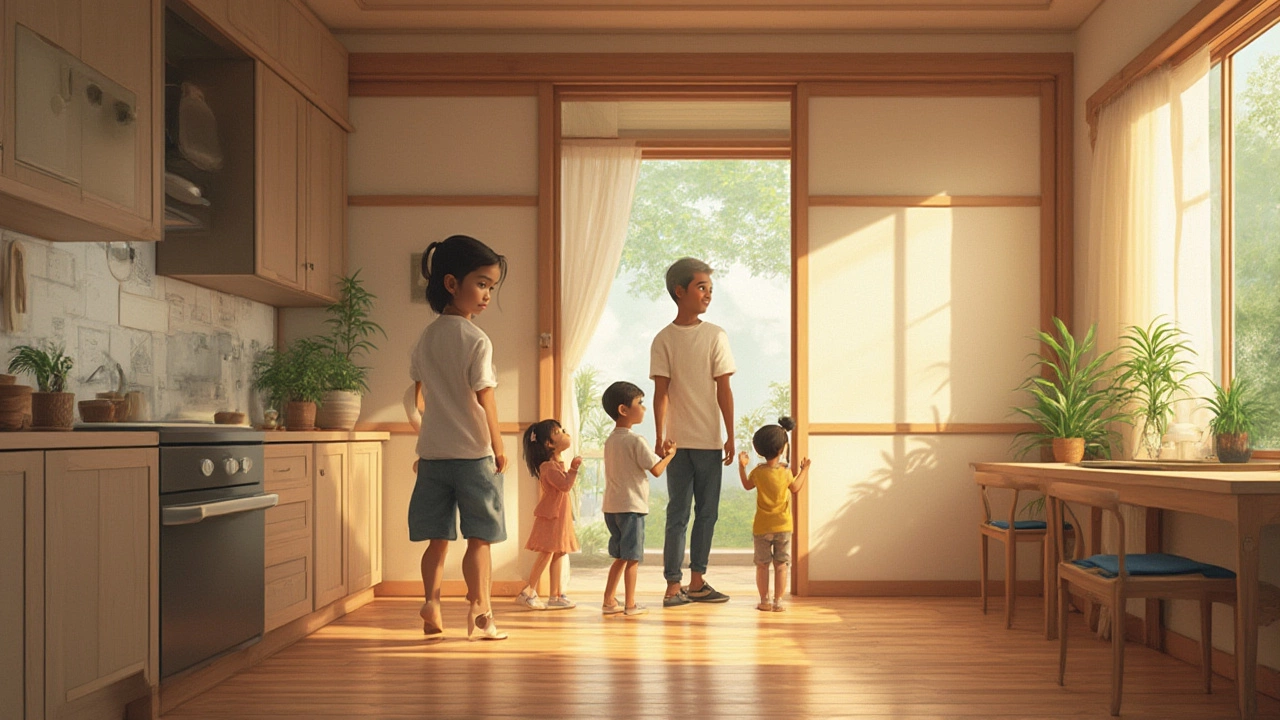Real Estate Japan: What You Need to Know Right Now
Thinking about buying or renting in Japan? You’re not alone. More people are looking at Japanese homes because the market feels stable, the cities are safe, and the lifestyle appeals to many. In this guide we’ll break down the biggest trends, show you the smartest ways to get started, and give practical tips you can use today.
Why Japan’s Property Market Is Hot Right Now
First off, Japan’s population is aging, but major cities like Tokyo, Osaka, and Fukuoka keep growing thanks to job opportunities and foreign investment. That means demand for both apartments and commercial spaces stays high. Low interest rates also make mortgages affordable, so buyers are eager to lock in a low‑cost loan.
Another factor is the government's push for urban renewal. Old buildings are being replaced with modern, earthquake‑proof structures, which lifts property values in many neighborhoods. If you buy a unit in a redeveloping area, you could see a decent price bump in a few years.
Finally, tourism is booming again after the pandemic. Short‑term rentals in popular districts are generating solid returns, making rental properties a tempting option for investors who don’t want to live in the unit themselves.
Smart Ways to Buy or Rent in Japan
When it comes to buying, start by checking the shubai jōken (sale conditions) of any property. Look for clear land titles and ask the seller about any upcoming construction plans nearby. Working with a local real estate agent who speaks English can save you hours of paperwork and help you avoid hidden fees.
If you’re renting, know that most leases require a reikin (key money) and a deposit. These can add up to two or three months’ rent, so budget accordingly. Also, many landlords prefer tenants with a Japanese guarantor. If you don’t have one, consider a guarantor service—most cost about 5% of the yearly rent.
Another tip: use online platforms like Suumo or Homes.co.jp to compare prices side‑by‑side. You’ll see that a 1‑bedroom in central Tokyo can range from ¥150,000 to ¥250,000 per month, while the same size in a suburb might be half that. Decide what balance of cost and commute works for you.
Don’t forget to factor in taxes. Property owners pay an annual fixed asset tax and a city planning tax, both based on the assessed value. First‑time buyers can sometimes get a small tax break, so ask your agent about any available incentives.
Whether you’re looking for a sleek condo in Shibuya or a quiet house near a train line, the key is to do your homework, use reliable local help, and keep an eye on the numbers. Japan’s real estate market offers steady growth, but only if you move with the right information.
Ready to start? Grab a list of your must‑have features, set a realistic budget, and reach out to a bilingual agent today. The right property is out there, and with these tips you’ll be better equipped to find it.
3DK Apartment Meaning: Your Guide to This Unique Japanese Home Layout
by Arjun Mehta Jul 9 2025 0 ApartmentsCurious about 3DK apartments? Discover what makes this Japanese layout unique, who it suits best, and practical tips if you're planning to rent or buy.
READ MORE